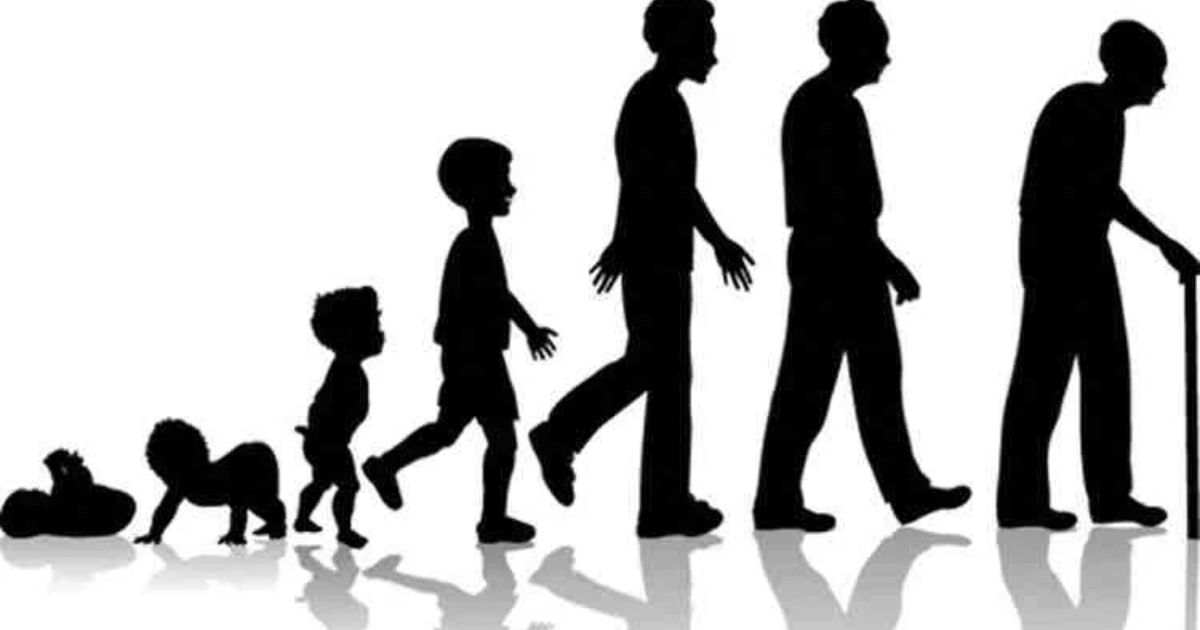As we journey through life, with change comes aging challenges. As we grow older, the changing nature of life becomes more obvious.
There are certain things that therapists notice in their old clients which are normally repeated over time.
However different each person’s particular experience is, however, within this group, there is a shared tapestry of common problems and coping strategies that come up.
This commonality creates a collective narrative that illuminates some aspects about what it means to be human as one navigates the intricacies of aging.
Grieving several shifts
Holly Humphreys, a licensed professional counselor, has also identified grief as being one of the most significant emotions experienced by individuals transitioning into retirement and realizing that they or their mates are growing old.
It’s about loved ones dying and saying goodbye to long careers, seeing personal health decline or that of one’s partner too.
How she does it is by validating feelings and offering coping mechanisms and problem solving skills for acquiring necessary resources; thereby creating space for clients to talk about their journey in life and hopes for tomorrow.
However, for those who cannot afford therapy, reaching out to closed ones like friends and family for support can also be helpful.
Adjusting Relationships with Adult Children
Alicea Ardito who is a well-known therapist working with elderly people outlines major issues connected with aging during transition to later adulthood.
They struggle with adapting to changes in the dynamics between them and their children who have attained adult status.
Another basis for such adjustment can be traced back to deeply rooted patterns developed during childhood, which only make this process much harder.
To do this, it is crucial to improve communication, rebuild connections and establish strong healthy borders among others.
These measures play a pivotal role in enhancing harmonious parenthood over various phases of life cycles.
Challenges in Body Image During Times of Change
Dr. Kelsey Latimer emphasizes on how her clients tend to become overly critical about themselves during times of change or stress.
For many people experiencing transitions later in life can feel like they are losing control of their lives and become obsessed over the perceived imperfections in their bodies. Also, societal pressure to look young makes this even worse.
As a psychologist, Dr. Latimer encourages those dealing with body image problems to directly address the situation either with a therapist or among supportive peers.
She advises that they should not suffer alone as it is more than just physical appearance and suggests that open conversations be held to deal with these issues.
Confronting Regrets and Reflections
From Erik Erikson’s psychosocial development stages, one can interpret such old age as a time when people think over life accomplishments and what they could have done differently or better.
Joel Frank who is a licensed psychologist highlights the importance of validating such thoughts and emotions while encouraging acceptance towards the past.
Learning from regrets and recognizing opportunities for personal growth and new experiences is essential in this process.
Coping with Multiple Losses
This includes also abandoning certain daily activities, reminiscing about major moments in life, as well as having to cope with deteriorating health conditions whether mental or physical ones.
But there’s always an intense loss felt but not easily named characterized by the feeling of losing one’s self-identity.
However, Leonidaki urges an acknowledgement and processing of these feelings before shifting focus onto what is positive.
Thanks giving for continuing parts of life along side performing tasks that give joy is helpful towards mitigating loss feelings.
The Aging Challenges and Resilience
In summary, although unique aging challenges are being presented, this leads to the identification of patterns in these experiences that allows for mutual understanding and support.
This means that therapists stress on need for one to admit emotions, seek guidance when required, develop healthier bonds and adopt positive personal changes within existing life transitions and bereavements.
By doing this, those grappling with the dilemmas of aging can garner resilience, strength, as well as other means of fulfillment.

